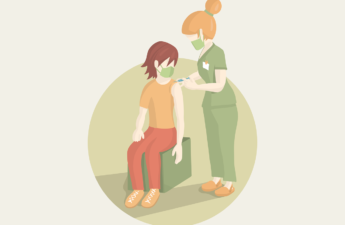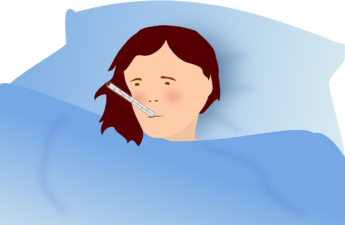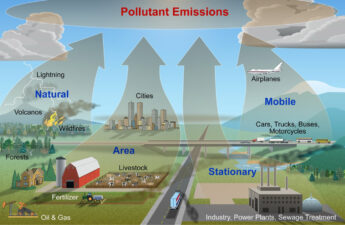Category: Prevention
Infectious diseases spike when kids return to school − here’s what you can do about it
Ready or not, back-to-school season is here, and kids will be bringing home more than homework. They’ll be carrying germs, too.
HIIT workouts linked with better brain health, research finds – even five years later
A recent study has now revealed that one particular type of workout may be better than others when it comes to boosting brain health. The researchers found a link between high-intensity interval training (HIIT) workouts with better memory and brain volume in older adults. And, these brain benefits even lasted up to five years after the study was completed.
Vaccines tell a success story that Robert F. Kennedy Jr. and Trump forget – here are some key reminders
After World War II, the U.S. was a wealthy nation with substantial health-related infrastructure. Yet, Americans reported an average of 1 million cases per year of now-preventable infectious diseases.
Vaccines introduced or expanded in the 1950s and 1960s against diseases like diphtheria, pertussis, tetanus, measles, polio, mumps, rubella and Haemophilus influenza type B have resulted in the near or complete eradication of those diseases.
COVID-19 deaths are declining, but some people face greater risk
In the more than four years since COVID-19 emerged, COVID-19 deaths have declined overall, but the disease remains dangerous to many. Anyone who contracts COVID-19 is at risk of severe illness, death, heart problems, and long COVID.
Hospital-acquired infections are rising – here’s how to protect yourself in health care settings
Dr. Nasia Safdar, a professor of infectious medicine at the University of Wisconsin-Madison, discusses why infection rates have gone up and how you can protect yourself as a hospital patient or visiting family member.
Audit finds cracks in Washington’s egg inspection program
Washington’s Department of Agriculture failed to complete hundreds of required inspections of egg production and packing facilities in recent years, raising food safety concerns, according to a new state audit.
For healthy adults, taking multivitamins daily is not associated with a lower risk of death
The analysis showed that people who took daily multivitamins did not have a lower risk of death from any cause than people who took no multivitamins. There were also no differences in mortality from cancer, heart disease, or cerebrovascular diseases.
Four steps to stay safe from wildfire smoke this summer
Breathing wildfire smoke can harm everyone’s lungs, heart, and overall health. And this year we’re expecting hotter weather and less rain—meaning more smoky days.
Masks work, our comprehensive review has found
The more people wore their masks, the more effective the masks turned out to be.
12 Tips for Beach Safety: Safe Fun in the Sun, Sand and Sea from Pediatricians
Whether your favorite spot is near the ocean or the edge of a river or lake, it’s always best to prepare for your surroundings and make sure that health hazards don’t spoil your good time.
ASK PUBLIC HEALTH: WHAT ARE THE LATEST RECOMMENDATIONS FOR STAYING AT HOME WHEN SICK?
We sat down with Dr. Eric Chow, Chief of Communicable Disease at Public Health – Seattle & King County to get the latest update and hear what our community can do to continue to prevent illness and what parents, schools, and our community should know.
What are the health costs of air pollution, and what can we do about it?
Have you ever noticed the hazy smog that hangs over cities or the lingering smell of exhaust fumes from traffic? These are just a few noticeable signs of air pollution, a threat that can have a significant effect on our health and well-being.
Some Medicines and Driving Don’t Mix
Although many medicines will not affect your ability to drive, some nonprescription and prescription medications can have side effects that may make it unsafe to drive or operate other heavy machinery.
Women may realize health benefits of regular exercise more than men
Even when women and men get the same amount of physical activity, the risk of premature death is lower for women, NIH study finds
It’s time for a heart-to-heart about women’s cardiovascular health, unique risk factors and symptoms
Although cardiovascular disease is often considered a disease of men, women are more likely to die from a heart attack when compared with men. This fact often surprises women and even their health-care providers. Many women are not aware that heart disease is a significant health threat to them, but the reality is that five times as many women die from heart disease as breast cancer.














